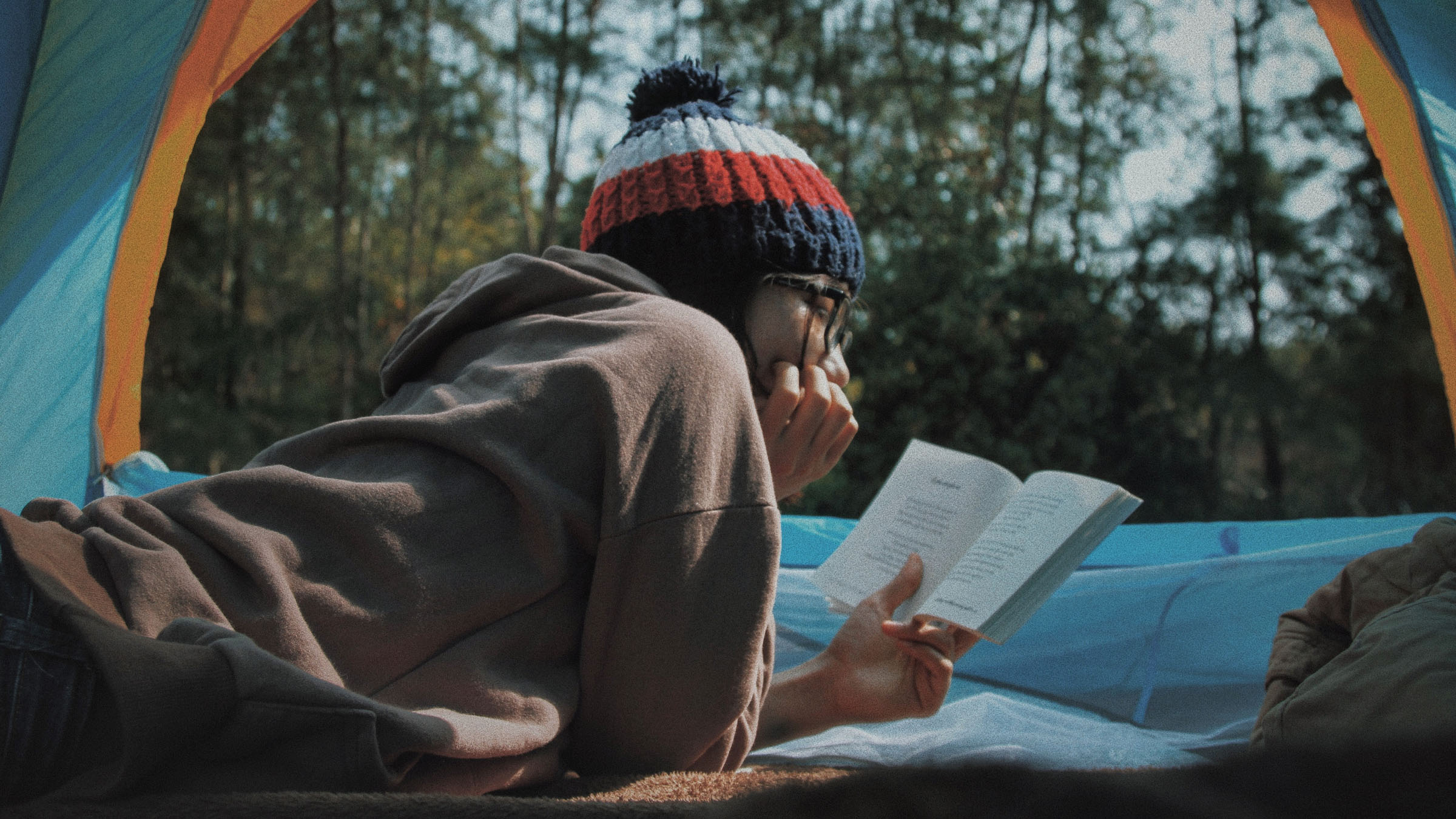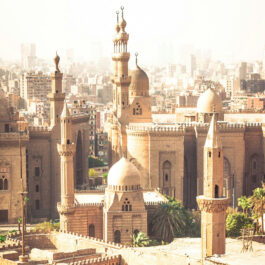It sounds cliché, but reading is the perfect way to escape without leaving the comfort of your own home. Who needs an expensive plane ticket when you can easily visit any realm, kingdom or nation? And all while curling up in your favourite spot with a cuppa by your side. If your travel plans are delayed, or if you’re just embracing a quiet autumn at home, allow us to recommend 17 books that will transport you to any time or place around the world – and right into the shoes of those living through monumental moments in history.
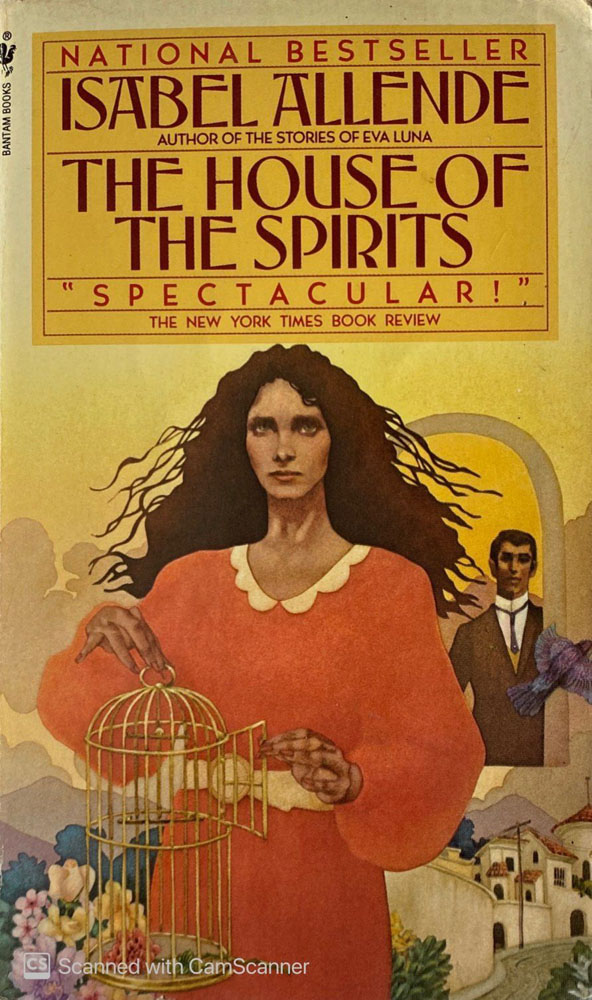
Destination: Post-Colonial Chile
Read: The House of Spirits by Isabel Allende
Once rejected by publishers, Isabel Allende became an international literary star in 1982 with the publication of her instant bestseller The House of Spirits. The acclaimed book tells the story of the Trueba family throughout four generations marked by political unrest, cultural upheavals, mysticism and vivid characters, all weaved together with skill and elements of magical realism. If you’re looking for a book to bring you closer to Latin American literature, this epic family drama is bound to surpass all your expectations.
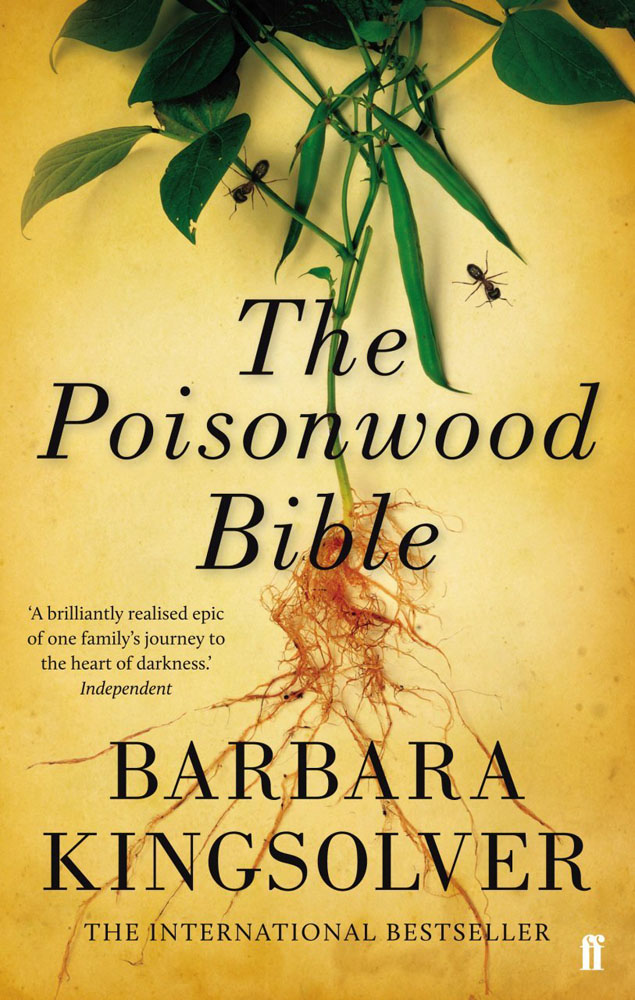
Destination: The Belgian Congo
Read: The Poisonwood Bible by Barbara Kingsolver
This evocative tour-de-force deals with themes ranging from change and tragedy to female resilience and strength. It tells the story of Nathan Price, a Baptist man who uproots his wife and four daughters to go live in the Belgian Congo as missionaries. What unravels is a family epic set against a backdrop of political unrest and upheaval. From struggles for independence to the murder of Congo’s prime minister, CIA-staged coups and many more dramatic turns of events, Kingsolver’s daring masterpiece leaves no stone unturned. No wonder it was a Pulitzer finalist.
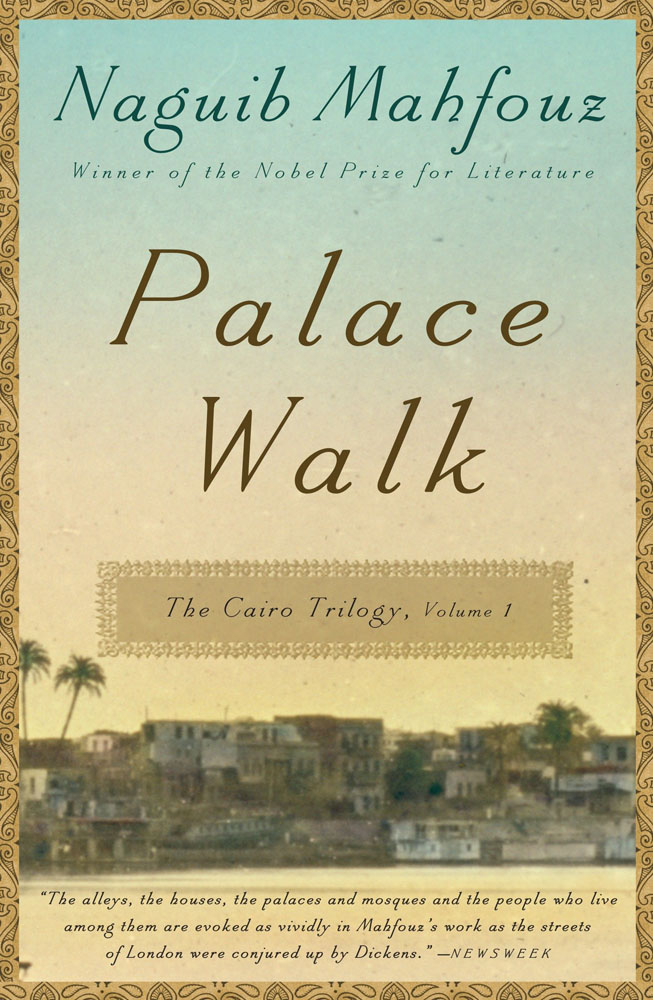
Destination: Early 20th-Century Cairo
Read: Palace Walk by Naguib Mahfouz
Palace Walk is the first instalment in Naguib Mahfouz’s Cairo Trilogy, the Egyptian writer’s most renowned pieces of work. The novels follow generations in the family of a severe patriarch, revealing both the family’s tribulations and how they mirror Egypt’s history in the time period between world wars. Mahfouz does an exquisite job at portraying Cairo’s streets, homes, mosques and, of course, the people who inhabit them. If you’ve never been to the Egyptian capital, that’s reason enough to pick up this book.
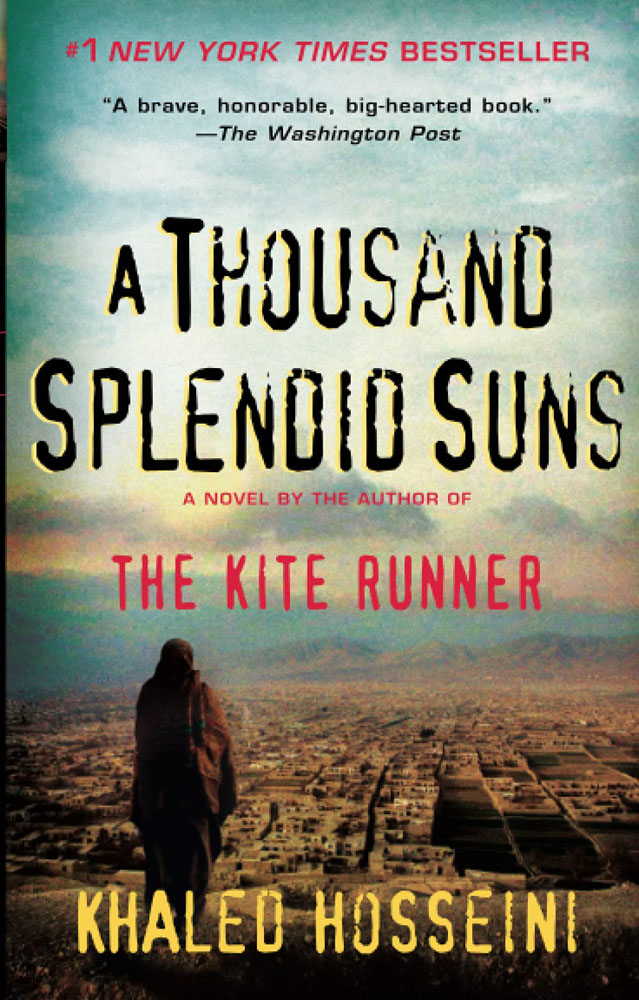
Destination: Afghanistan
Read: A Thousand Splendid Suns by Khaled Hosseini
Perhaps you’ve heard about or read The Kite Runner. If so, you’ll love A Thousand Splendid Suns. The novel tells the tale of Mariam and Laila, two Afghan women whose paths cross as a result of war and loss (and perhaps a bit of fate). Heart-wrenching and movingly told, this is a book about the strength of love and friendships that withstand life’s cruel tests, and will probably have you in tears for a while after finishing it.
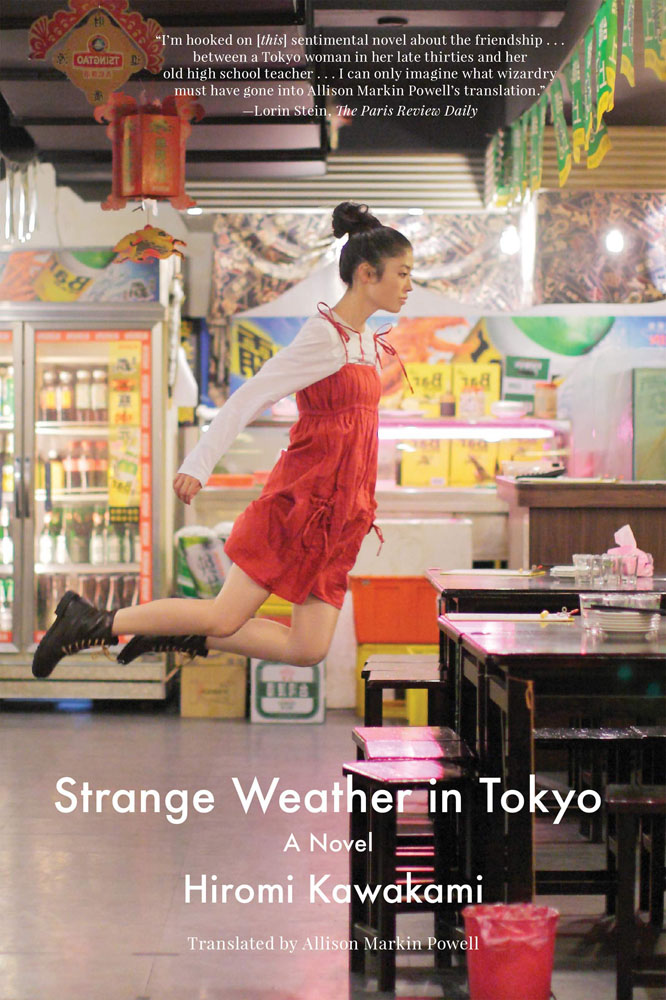
Destination: Japan
Read: Strange Weather in Tokyo by Hiromi Kawakami
Some books leave the reader with an odd feeling long after closing their pages. Such is the case with Hiromi Kawakami’s Strange Weather in Tokyo, in which a 38-year-old falls in love with her former high-school teacher. The book follows both characters as they eat and drink at a bar and, somehow, fall in love. A tale of loneliness that confirms that love can be found in the strangest of places, Kawakami’s offbeat novel is filled with intimacy, awkwardness and quiet moments set against warm sake and cherry blossoms.
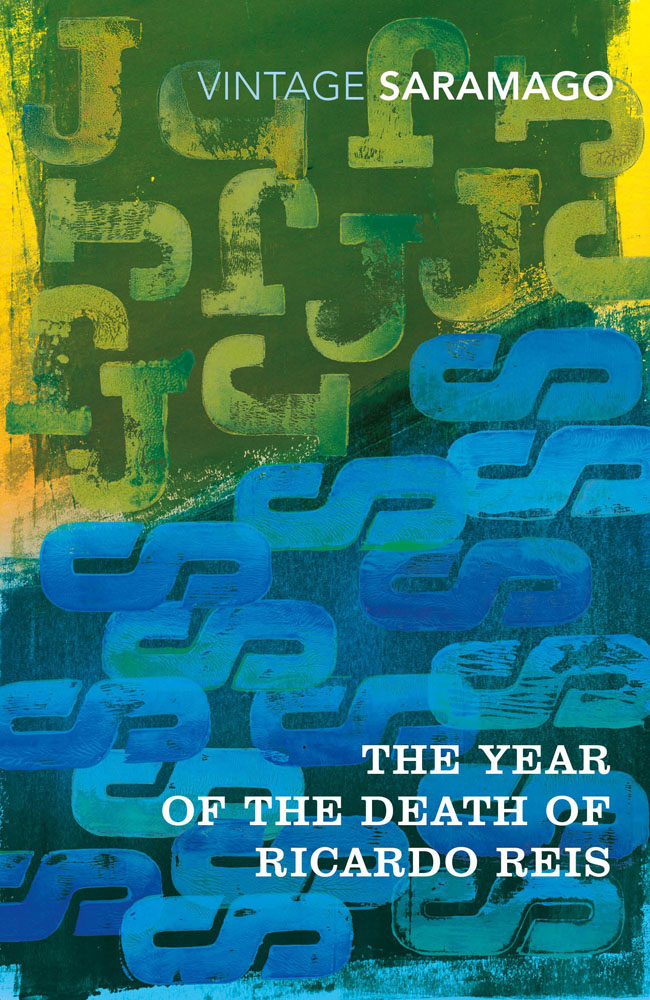
Destination: 20th-Century Lisbon
Read: The Year of the Death of Ricardo Reis by José Saramago
This might be the most challenging rec on the list, but we promise it’s worth it. Saramago’s book follows the final year in the life of Ricardo Reis, one of Portuguese writer Fernando Pessoa’s pseudonyms, as he returns from Brazil to Lisbon, choosing to remain unemployed and spend his last days aimlessly wandering the city’s streets and reading. The novel deals indirectly with historical events like the Spanish Civil War, and it pays homage to Pessoa’s body of poetic work. Read only if you’re into good, challenging Literature with a capital ‘L’.
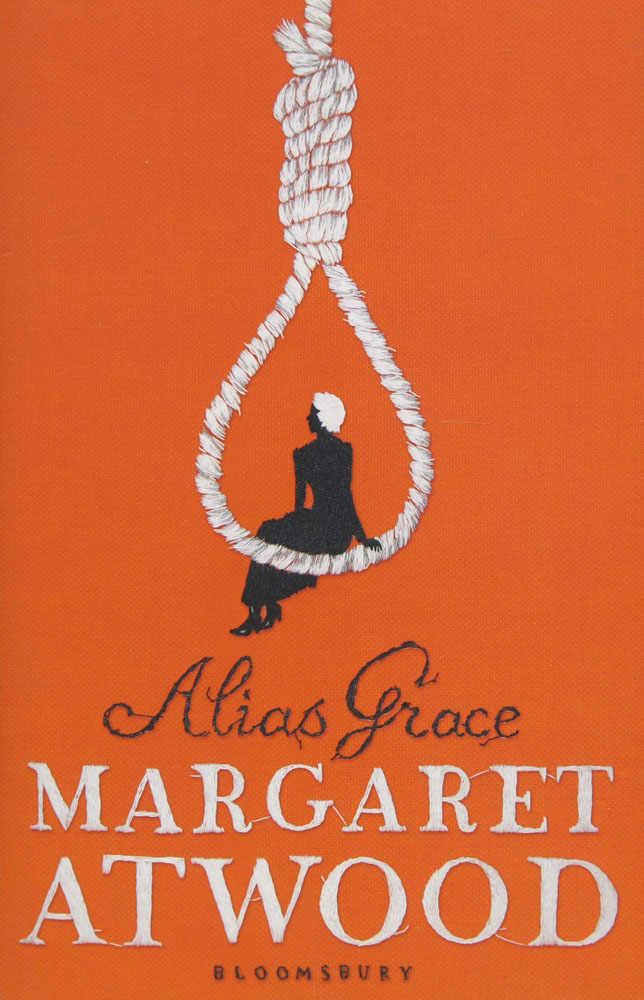
Destination: Victorian-Era Canada
Read: Alias, Grace by Margaret Atwood
In real life, Grace Marks was an Irish-Canadian maid involved in the gruesome murder of her employer and his housekeeper/lover. In Alias, Grace, acclaimed author Margaret Atwood portrays her life and involvement in the 1843 case and trial. The novel begins after her conviction, with some believing her to be innocent; others, guilty. Convinced of her innocence and hoping to have her pardoned, a group of spiritualists recruit a specialist in (the then-nascent) field of mental illness, as Grace claims to have no recollection of the events that led her to prison. A captivating tale that showcases Atwood’s talent at its most brilliant, the author manages to portray a near-perfect image of the language, manners, social graces and behavior of the Victorian period in Canadian society.
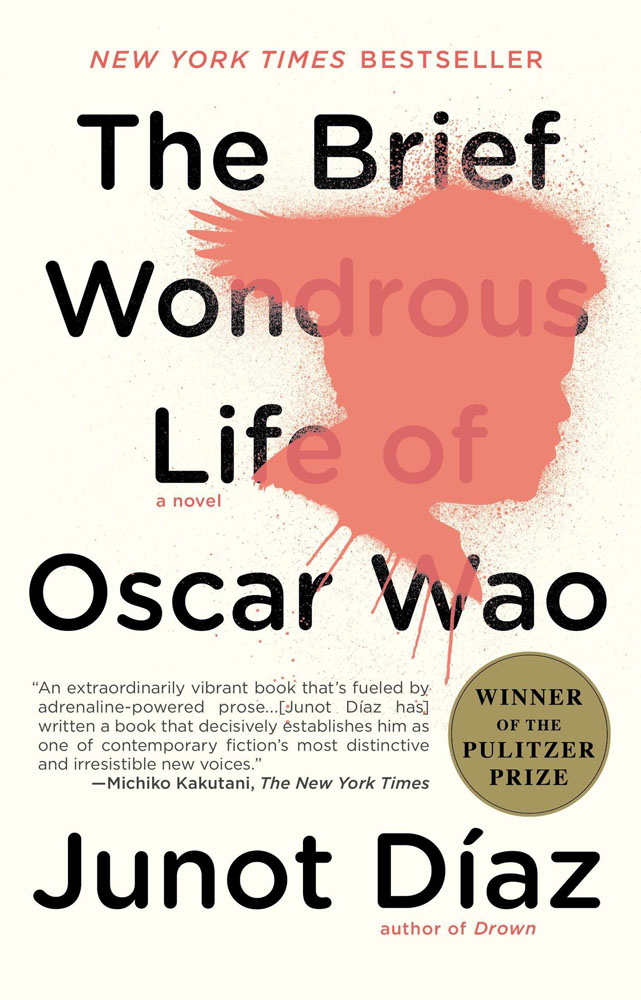
Destination: Trujillo’s Dominican Republic (and New Jersey!)
Read: The Brief, Wondrous Life of Oscar Wao by Junot Diaz
Few books have been as rapidly devoured as Junot Diaz’s The Brief, Wondrous Life of Oscar Wao. Seriously, he will have you reading even the longest of footnotes. The book follows the intense story of the titular Oscar, a science fiction nerd, and of his Dominican family living in the US. The novel uses a large amount of Spanglish and employs some elements of magical realism (mostly related to the fukú curse). It’s also filled with fantasy and sci-fi references, so if that’s your thing, you’re in for a treat. Set against the canefields and plazas of Santo Domingo, this is a great place to start if you know next to nada about the history of the Dominican Republic.

Destination: Naples, Italy
Read: The Lying Life of Adults by Elena Ferrante
Few writers today have an aura as mysterious as the one that shrouds Elena Ferrante’s identity. That being said, if the mystery around the Italian writer is not enough to draw you in, her masterful storytelling will. The Lying Life of Adults tells the story of Giovanna, a child in search of her identity who wanders the streets of Naples, both refined at its wealthiest areas and gritty at its depth. A novel about class, education, status, hypocrisy and family, Ferrante’s work is both rough and sensible, and will leave you wanting more.
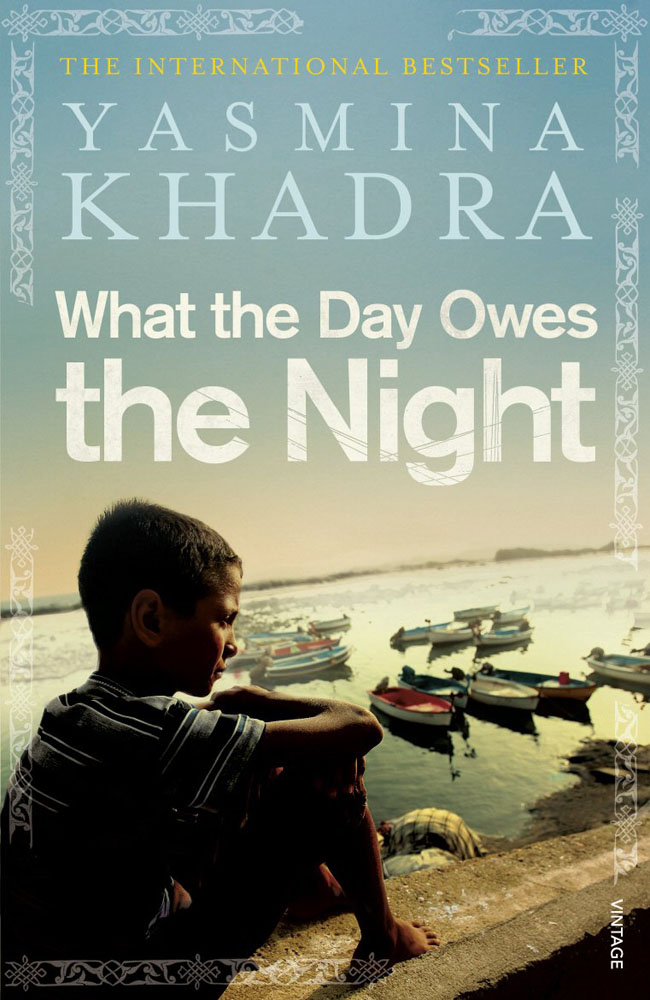
Destination: Algeria
Read: What the Day Owes the Night by Yasmina Khadra
Get the tissues ready before you crack open Yasmina Khadra’s What the Day Owes the Night. The book follows Younes, an Arab boy who’s been adopted by his well-off, married-to-a-European uncle after his poor father’s farm is destroyed in a fire. The story of Younes – now Jonas – is paralleled by his country’s transition from French colonialism to independence, and the expulsion of the pied-noirs. The reader accompanies him as he grows up, falls in love and is forced to choose between his French and Arab personas.
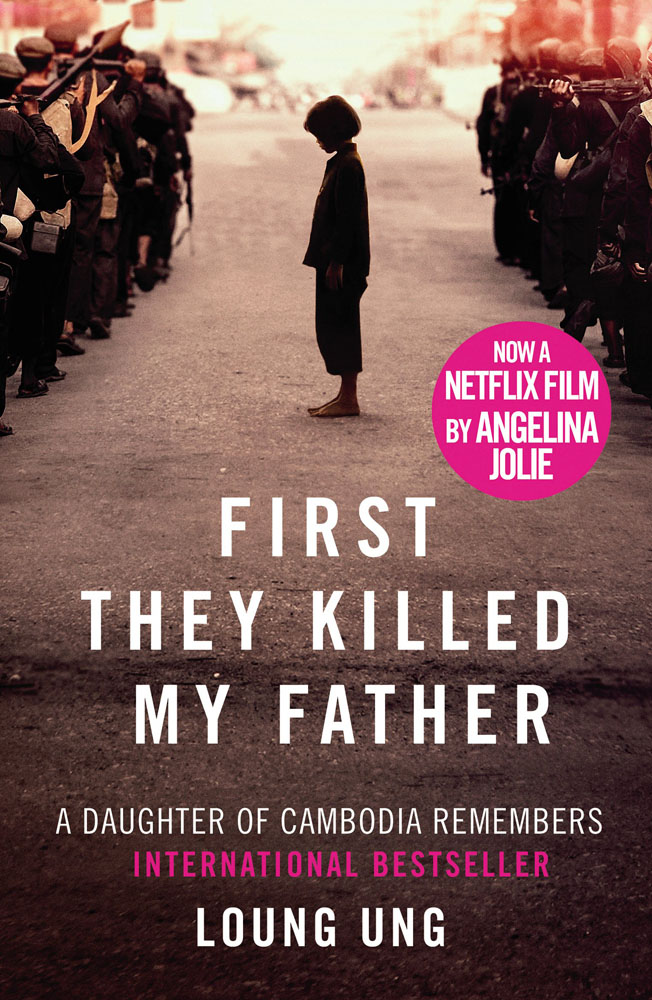
Destination: Cambodia Under The Khmer Rouge Regime
Read: First They Killed My Father, Loung Ung
If you’re less into novels and more into non-fiction, you’re bound to enjoy Loung Ung’s First They Killed My Father. A survivor of the Democratic Kampuchea, Cambodia’s totalitarian dictatorship, Ung narrates her own personal story as one of seven children of a high-ranking government official. She tells her experiences as she was forced to abruptly flee and separate from the rest of her family, then train as a child soldier in a gruesome work camp. Definitely not a story for the faint of heart.
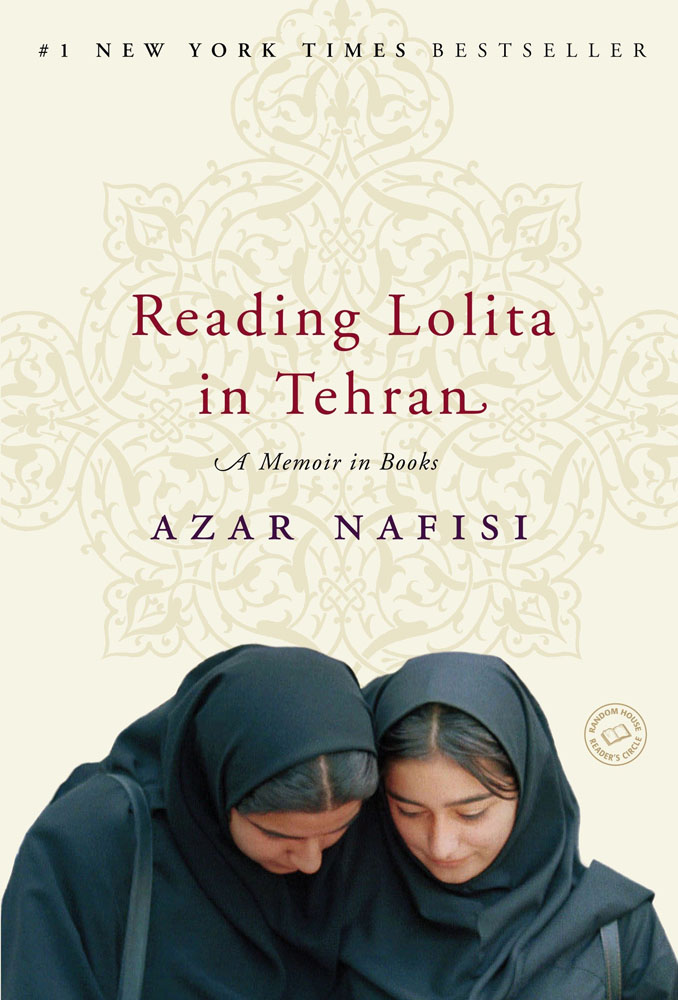
Destination: The Islamic Republic of Iran During The Late 20th Century
Read: Reading Lolita in Tehran by Azar Nafisi
A strong tale of sisterhood and the fight for intellectual freedom, Azar Nafisi’s bestseller is a memoir of solidarity and endurance. For two years, the writer gathered weekly in secret with seven of her most driven female students, with the purpose of reading and analysing forbidden Western classics – like her students’ favourite, Nabokov’s Lolita. Encouraged to speak freely, the girls delve into the banned books as earnestly as they do their own lives, concerns and disappointments, all within the confines of Nafisi’s living room. Not one for black-and-white thinking, it’s the perfect book for times when our world seems to further divide us.
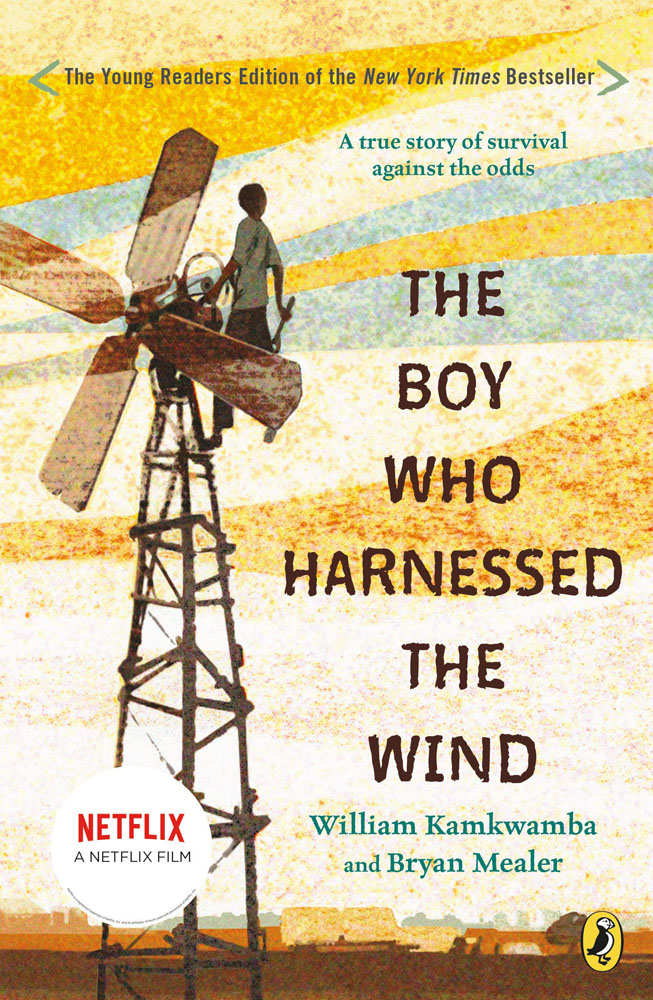
Destination: Rural Malawi
Read: The Boy Who Harnessed the Wind by William Kamkwamba
Yes, like the film. And yes, we’re the type to tell you to read the book first – it’s way better! William Kamkwamba’s The Boy Who Harnessed the Wind focuses on the story of a boy who, after a drought causes his family to lose their crops, begins to explore science books and decides to build a windmill – an immeasurable feat in a time and place where materials were scarce and modern technology was out of reach. William’s creation, made out of scraps and old bicycle parts, ends up solving his family’s problems. Talk about true grit.
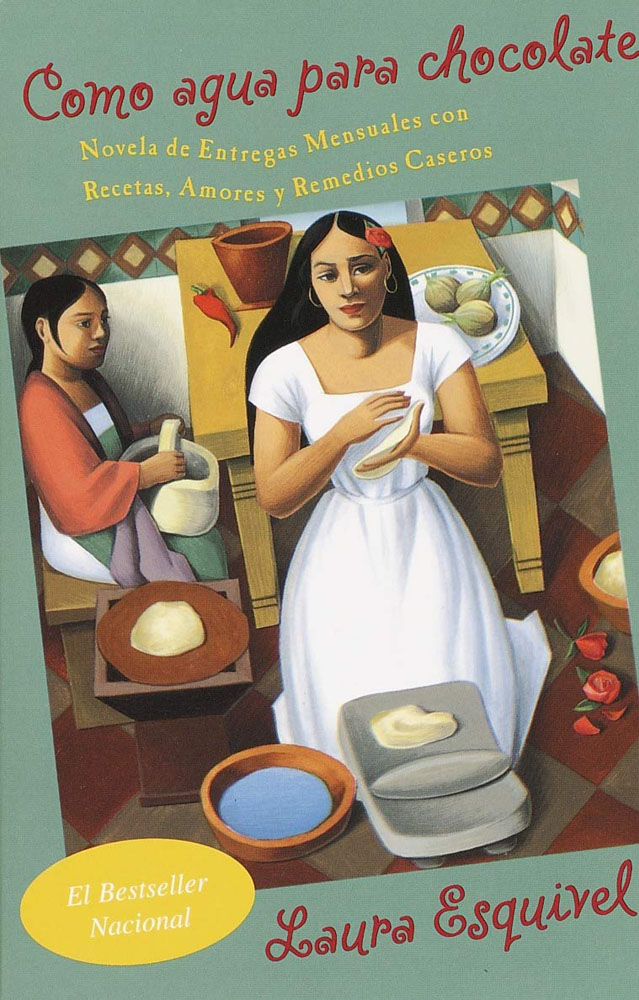
Destination: Northern Mexico During The Pancho Villa Years
Read: Like Water for Chocolate by Laura Esquivel
Like Water for Chocolate is a charming tale of love, family and, yes, food! Laura Esquivel’s protagonist’s name is Tita, and her passion for cooking permeates the book, where each chapter is preceded by one of her recipes. The story goes like this: Tita, as the youngest daughter of an all-female family, has been condemned by tradition to be the one to take care of her mother in her old age and until her death. As such, she is forbidden to marry. But Tita, as fate would have it, falls madly in love with a man named Pedro, who’s enamored by her cooking and who ends up marrying her sister in an attempt to be closer to Tita. A bittersweet tale, yes, but also a marvelous way to travel to Mexico – in your mind and through your palate.
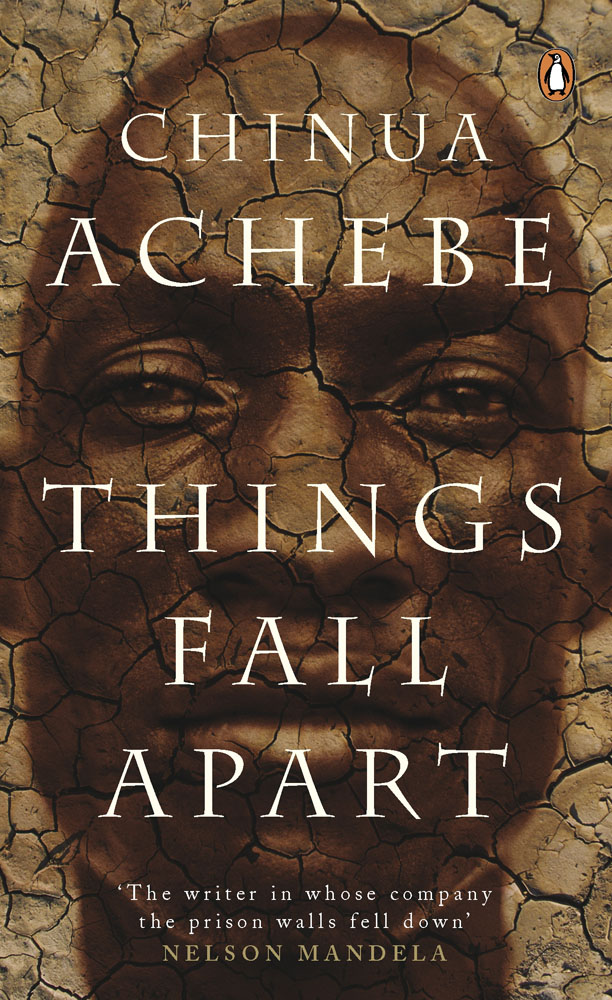
Destination: Late 1800s Nigeria
Read: Things Fall Apart by Chinua Achebe
Chinua Achebe’s Things Fall Apart has become a classic of world literature – and one of Barack Obama’s favourite books – and has inspired writers all across the globe. The first instalment in the writer’s African trilogy, it takes place in the fictional Nigerian clan of Umuofia during the Victorian era, and follows the life of Okonkwo, an Igbo man and strong patriarch brought down when colonialists and missionaries arrive to establish a new world order. Narrated without sentimentality, the book can at times be tough to digest, but it is always just magical enough to keep you turning the page.
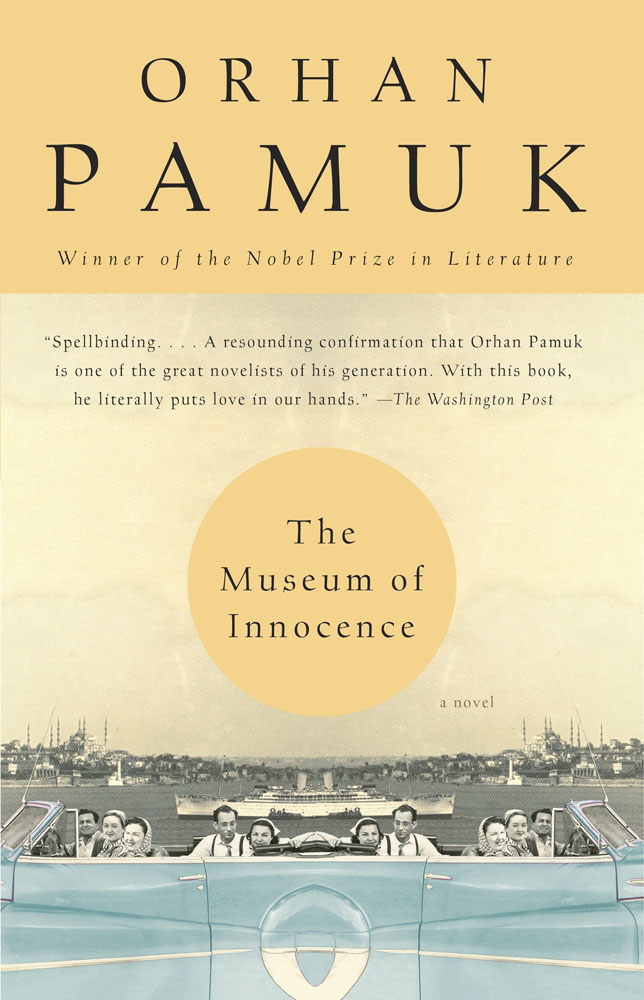
Destination: Istanbul (Between 1975 And 1984)
Read: The Museum of Innocence by Orhan Pamuk
No reading list would be complete without a devastating romance, and that’s the best way to describe Orhan Pamuk’s The Museum of Innocence, an account of the beautiful and tragic story of well-off businessman Kemal and his poor, distant relative Füsun. Like most of Pamuk’s work, the plot is dominated by the clash between East and West, and Istanbul’s culture plays a key part in determining these lovers’ fate. Erotic, poignant and intelligent, with this book Pamuk has once again penned a must-read for romantics everywhere.
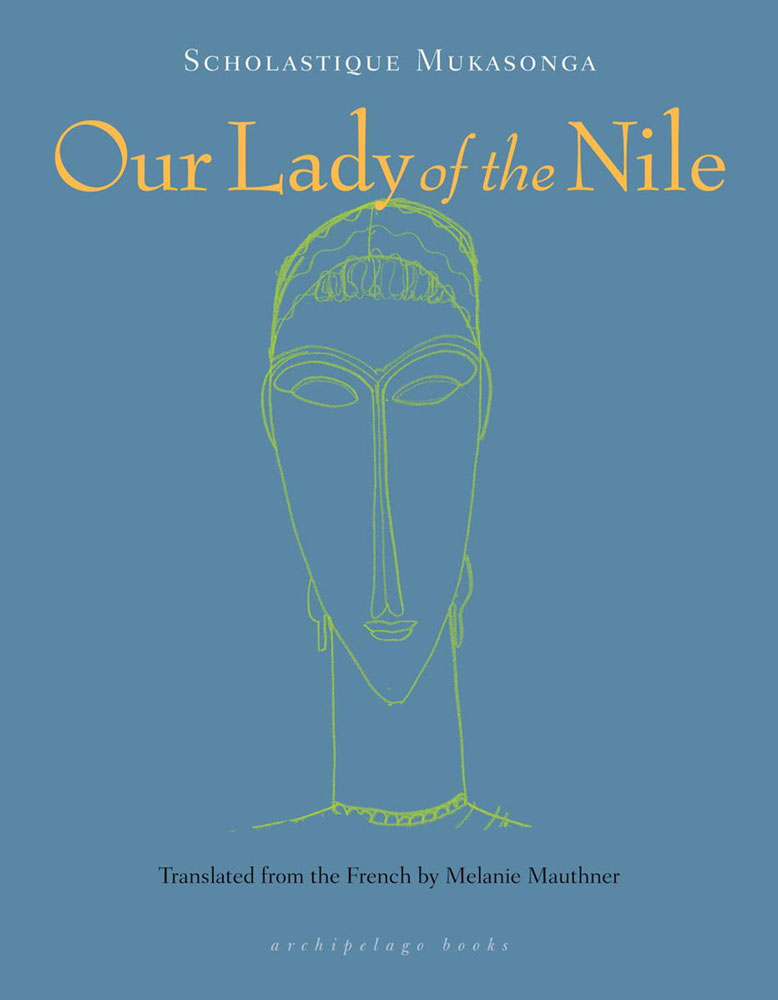
Destination: Late 1970s Rwanda
Read: Our Lady of the Nile by Scholastique Mukasonga
Our Lady of the Nile is set at a lycée for privileged girls in the mountains of Rwanda. You’d expect juvenile drama, right? Wrong. At this Catholic boarding school like no other, where girls are taught about status and how to mantain it, tensions rise between Hutus of the ruling class and two Tutsi pupils (in a way foreshadowing the 1994 genocide in the African country). Each of the book’s chapters focuses on a different girl, and it doesn’t take long before everything blows up in the hands of Gloriosa, the daughter of an important government official who takes control of the school and orchestrates murders, rapes and brutal beatings in an anti-Tutsi pogrom. Tread lightly with this one.

